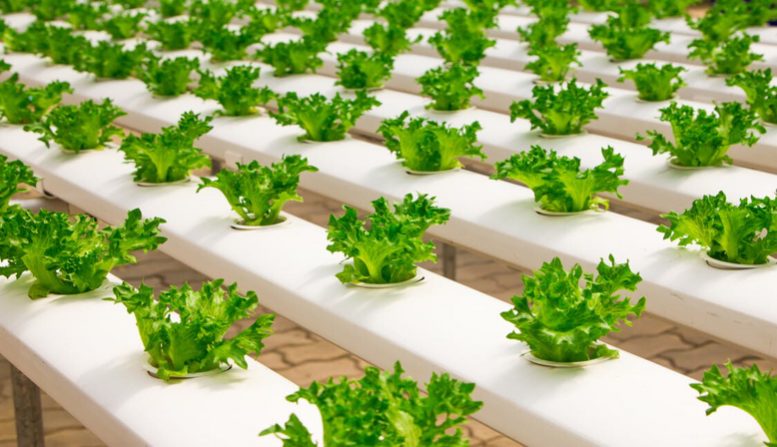Sustainability in the Food and Beverage Industry
Last Updated on February 22, 2023
With the substantial amount of evidence present on climate change it is hard to dispute that it doesn’t exist. Now that we have come accept that climate change is a problem we need to starting looking for solutions. Though as more and more people are looking for solutions a greater attention is being given to the food industry and their role in it. Food is an integral part of our lives and it is fair to say that it plays a big role in the environment.
Before we start tackling environmental issues we need to ask the question:
What is sustainability?
By definition, sustainability is
a process that can be continued indefinitely without depleting the energy and resources it depends on.
In terms of food and agriculture this can mean many different things. According to the Agricultural Sustainability Institute, sustainable agriculture integrates the goals – environmental health, economic profitability and social/economic equity. Some ways to be sustainable in agriculture include:
- Improving air quality by incorporating crop reside into the soil
- Diversifying the crops of farms so that they are more economically and ecologically resilient
- Developing commodity and price support programs to help farmers make productivity gains
So where does the food industry stand in terms of sustainability?
The food industry unfortunately has not had the cleanest history when it comes to helping the environment.
One of the largest problems you might be familiar with is food waste. It is estimated that 30% of the food produced is being wasted. Supermarkets for example have been known to throw out produce that does not sell as consumers prefer fresher produce. The top food waste sources are cereals (34%), meat (21%) and vegetables (21%).
Food packaging is arguably the most important component in the manufacturing of food. It helps to maintain product integrity, ensures safety and increases shelf life. In United States approximately 31% of the municipal solid wastes can be attributed to the package related materials. Â It is believed that two-thirds (by volume) of this packaging if food packaging! That is a staggering number!
Related: 8 Facts About Packaging Engineers
Agriculture is said to be one of the largest contributors to green house gases (GHGs). The majority of GHG production comes from the waste product of livestock- primarily methane. As well that 80-90% of US water consumption is dedicated to agriculture production. It is fair to say that meat consumption affects the environment on a large scale.
Finally, the amount of energy used to produce, package, process and store food is seven and a half times the amount of energy the food actually provides in return!
So are food companies actually trying to be more sustainable?
The short answer is yes but getting there is a lot harder than it sounds. There are many companies already on their way to becoming more sustainable. Examples of this include:
- Univar is attempting to reach a target of 100% sourcing of their fruit and vegetables in a sustainable manner by 2020
- Heineken has committed that by 2020 that at least 50% of their main raw materials will come from sustainable source
- Coca-Cola developed a PlantBottle which is a type of packaging that contains up to 30% plant based plastics rather than the traditional fossil-fuels packaging
Although these are great steps forward it still isn’t enough. If we want to help stop climate change and create a future which is better for the next generation than food and beverage companies need to do more.
However, changes to become more sustainable are slow because it is difficult for companies to just overthrow their entire ways of thinking overnight. Decisions take time and it is usually up to more than one person. That is why we FoodGrads need to give them a bigger push!
So what can we do about it?
We need to find our voice and express our want and need for these companies to become more sustainable. Consumers and food industry professionals need to be advocates and encouraging stakeholders to take the lead.
That is why FoodsGrads is happy to announce that we are introducing a new category to the blog dedicated to the topic of food sustainability! In this weekly series we will discuss topics such as ‘The Ten Principle of Food Sustainability’ what companies are already doing to be more sustainable and ways you can do it yourselves in your own kitchen.
We are the FoodGrads tribe. The voice driving the change for sustainability, inspiring the next generation of students to put sustainability at the forefront of their food journey! Are you with us?
Author: Veronica Hislop Veronica is a Chemistry student studying at Ryerson University and loves looking at the science in the kitchen. She has a passion for bringing awareness to sustainability in the food industry. When Veronica is taking a break from her food endeavors you will find her at home reading a great novel and playing with her cats.
Subscribe to our newsletter for details on mentorship sessions, workshops, webinars, as well as career and job fairs across Canada and the US!


leave your comment